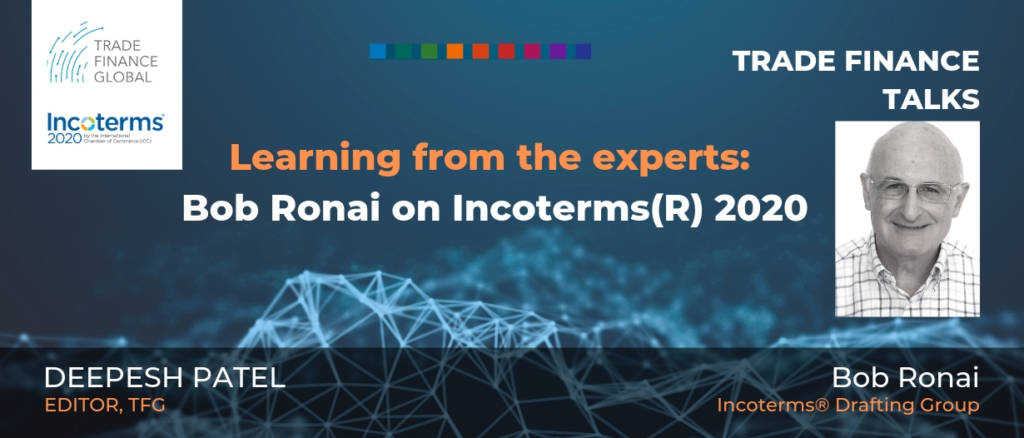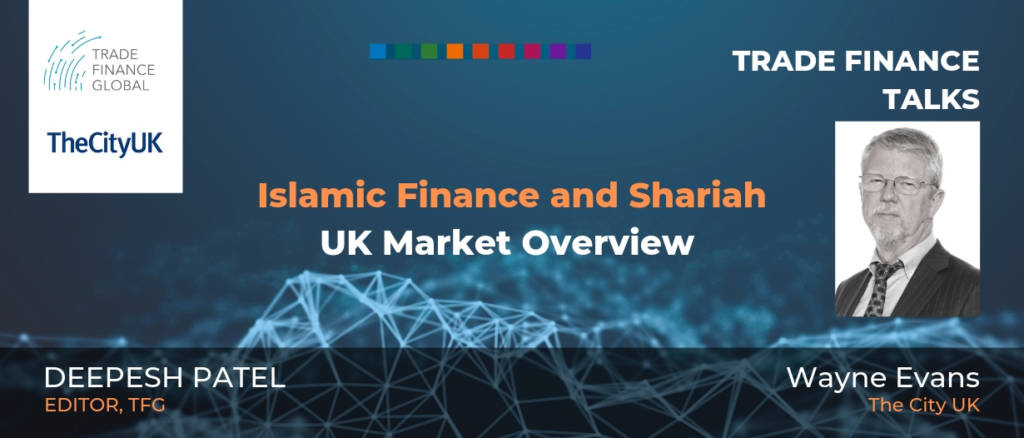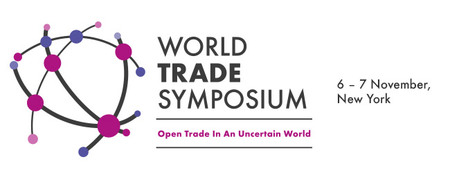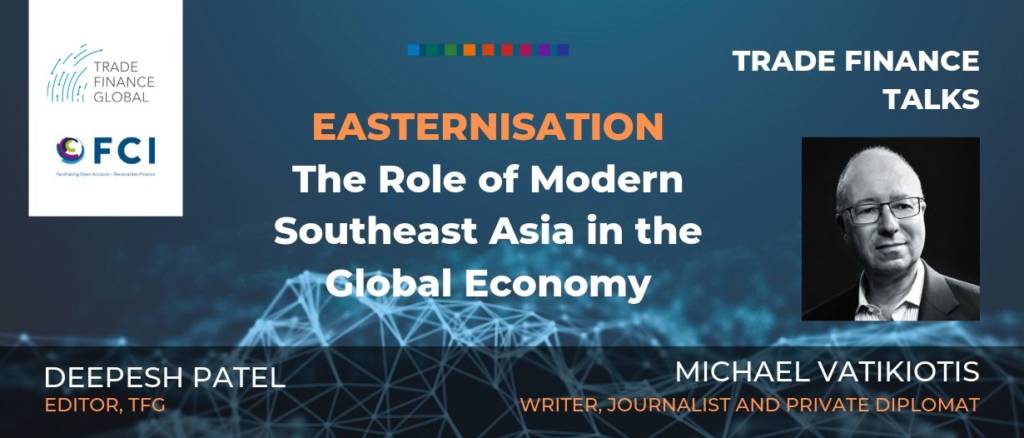Today we’re reminding our listeners that incoterms rules are changing at the start of 2020. With the updates and specific changes to be announced very shortly by the International Chamber of Commerce. We are delighted to be joined by a world-renowned exporting expert, Mr Robert Ronai.
(London) – International law firm Sullivan has advised ITFA (the International Trade and Forfaiting Association), on the launch of the new ITFA Unfunded Master Risk Participation Agreement (MRPA) and associated user guidelines, published yesterday, and will be issuing a CRR compliant legal opinion shortly.
Islamic finance is a specialist area that presents exciting growth opportunities for the UK. Sharia (Islamic law) compliant banking assets make up 6% of the world’s banking assets, but globally, approximately one in four people are Muslim. The scope for growth is obvious.
Change is not just coming; change is here today, now. The impact of using electronic trade documents instead of hard copies of bills of lading, invoices, packing lists, and certificates to settle trade transactions via the Internet will be as profound to global trade finance as the containerization of cargo was to logistics.
Certificates of Origin, alongside with the ICC Incoterms® rules, are some of the most crucial trade documents which authenticate the origin of any goods which are exported. Trade Finance Global spoke to CO experts, traders, shippers and producers, compiling a list of the most common mistakes when preparing Certificates of Origin, and how to avoid them.
The World Trade Symposium in November coincides with incredibly interesting times in global trade. Not only will the run-up to the US 2020 Presidential election be well underway, but a spotlight will be firmly trained on the impact of Brexit on the EU, should it go ahead at the end of October.
TFG were live at the Telegraph’s Future of Trade & Export conference, joined by Michael Boguslavsky, Head of AI at Tradeteq. There are a number of disruptive opportunities to digitise trade finance, including, machine learning, artificial intelligence, robotics, natural language processing.
TFG are delighted to be joined by Michael Vatikiotis, who was the keynote speaker earlier today at FCI’s 51st Annual Meeting in Ho Chi Minh City, an experienced author, journalist and conflict moderator specialising in Southeast Asia.
Parker Norfolk’s Richard Bishop discusses best practices for capitalizing on trade opportunities while simultaneously ensuring sound risk mitigation.
Sullivan’s Geoffrey Wynne highlights the key legal and regulatory themes to pay attention to in 2019.























